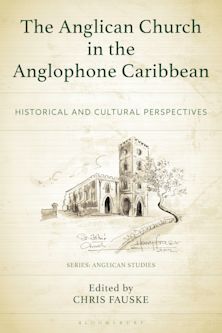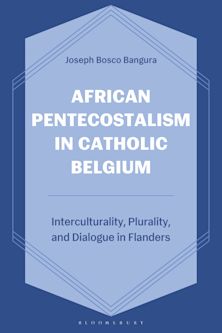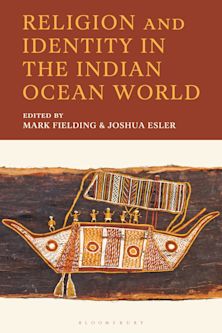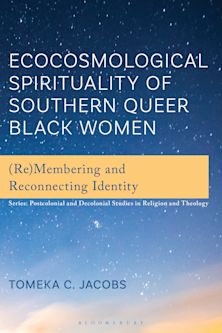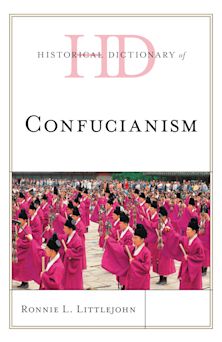This product is usually dispatched within 1 week
- Delivery and returns info
-
Free CA delivery on orders $40 or over
Description
Religions_whatever else they may be_are configurations of cultural information reproduced across space and time. Beginning with this seemingly obvious fact of religious transmission, Harvey Whitehouse goes on to construct a testable theory of how religions are created, passed on, and changed. At the center of his theory are two divergent 'modes of religiosity:' the imagistic and the doctrinal. Drawing from recent advances in cognitive science, Whitehouse's theory shows how religions tend to coalesce around one of these two poles depending on how religious behaviors are remembered. In the 'imagistic mode,' rituals have a lasting impact on people's minds, haunting not only our memories but influencing the way we ruminate on religious topics. These psychological features are linked to the scale and structure of religious communities, fostering small, exclusive, and ideologically heterogeneous ritual groupings or factions. In the 'doctrinal mode', on the other hand, religious knowledge is primarily spread through intensive and repetitive teaching; religious communities are contrastingly large, inclusive, and centrally regulated. While these tendencies have long been recognized in the history of the study of religion, the modes of religiosity theory is unique in that it explains why these tendencies exist. More importantly, Whitehouse does not give the final word, but invites us to join a series of collaborative networks among anthropologists, historians, archaeologists, and psychologists, currently trying to falsify, confirm, or refine the theory. Are you tired of the flood of descriptions and interpretations of religions which offer no clear strategy for evaluation, comparison, and testing? Modes of Religiosity can provide you with a new way to think when you think about religion.
Table of Contents
Part 2 Introduction
Chapter 3 What is "Religion"?
Chapter 4 What is "Ritual"?
Chapter 5 Ritual and Religious Revelation
Chapter 6 Outline of the Volume
Part 7 PART ONE: COGNITION AND RELIGIOUS TRANSMISSION
Part 8 Chapter One: First Principles for Explaining Religion and Ritual
Chapter 9 Religious Traditions are Materially Constrained
Chapter 10 Religious Phenomena are Selected
Chapter 11 The Selection of Religious Phenomena is Context-Dependent
Chapter 12 Religious Transmission is Partly Motivated by Explicit Religious Concepts
Part 13 Chapter Two: Cognitively Optimal Religion
Chapter 14 The Naturalness of Gods
Chapter 15 The Naturalness of Ritual
Chapter 16 The Naturalness of Myth
Part 17 Chapter Three: Cognitively Costly Religion
Chapter 18 Cognitively Costly Gods
Chapter 19 Cognitively Costly Rituals
Chapter 20 Cognitively Costly Narratives
Part 21 PART TWO: THE THEORY OF MODES OF RELIGIOSITY
Part 22 Chapter Four: The Theory of Modes of Religiosity
Chapter 23 Modes of Religiosity and Memory
Chapter 24 The Doctrinal Mode of Religiosity
Chapter 25 The Imagistic Mode of Religiosity
Chapter 26 Modes of Religiosity Contrasted
Chapter 27 Modes of Religiosity in the Real World
Chapter 28 The Origins of Modes of Religiosity
Part 29 Chapter Five: Ritual and Meaning in the Doctrinal Mode
Chapter 30 The Distinction Between Implicit and Explicit Memory
Chapter 31 The Theory of Representational Redescription
Chapter 32 Representational Redescription and Routinized Ritual
Chapter 33 Routinized Ritual and Exegesis
Chapter 34 Routinization, Relevance, and Revelation
Part 35 Chapter Six: Ritual and Meaning in the Imagistic Mode
Chapter 36 Emotion and Episodic Memory
Chapter 37 Episodic Memory and Ritual
Chapter 38 Episodic Memory and Spontaneous Exegetical Reflection
Chapter 39 Representational Redescription and the Imagistic Mode
Part 40 Chapter Seven: Religious Enthusiasm and Its Limits
Chapter 41 Religious Enthusiasm
Chapter 42 The Limits of Religious Enthusiasm
Part 43 PART THREE: THEORETICAL AND EMPIRICAL CHALLENGES
Part 44 Chapter Eight: Theoretical Challenges
Chapter 45 The Challenges
Chapter 46 Form and Frequency
Chapter 47 Selectionism or Mechanistic Causation?
Chapter 48 Arousal, Memory, and Motivation
Chapter 49 Procedural versus Exegetical Knowledge in the Domain of Ritual
Chapter 50 Historical Transformations
Part 51 Chapter Nine: Testing the Theory
Chapter 52 Predictions
Chapter 53 Evidence Needed from Ethnography, Historiography, and Archaeology
Chapter 54 Evidence Needed from the Cognitive Sciences
Chapter 55 Epilogue: Theory, Description, and the Cognitive Science of Religion
Chapter 56 References
Chapter 57 Index
Chapter 58 About the Author
Product details
| Published | May 19 2004 |
|---|---|
| Format | Hardback |
| Edition | 1st |
| Extent | 208 |
| ISBN | 9780759106147 |
| Imprint | AltaMira Press |
| Dimensions | 229 x 152 mm |
| Series | Cognitive Science of Religion |
| Publisher | Bloomsbury Publishing |


















